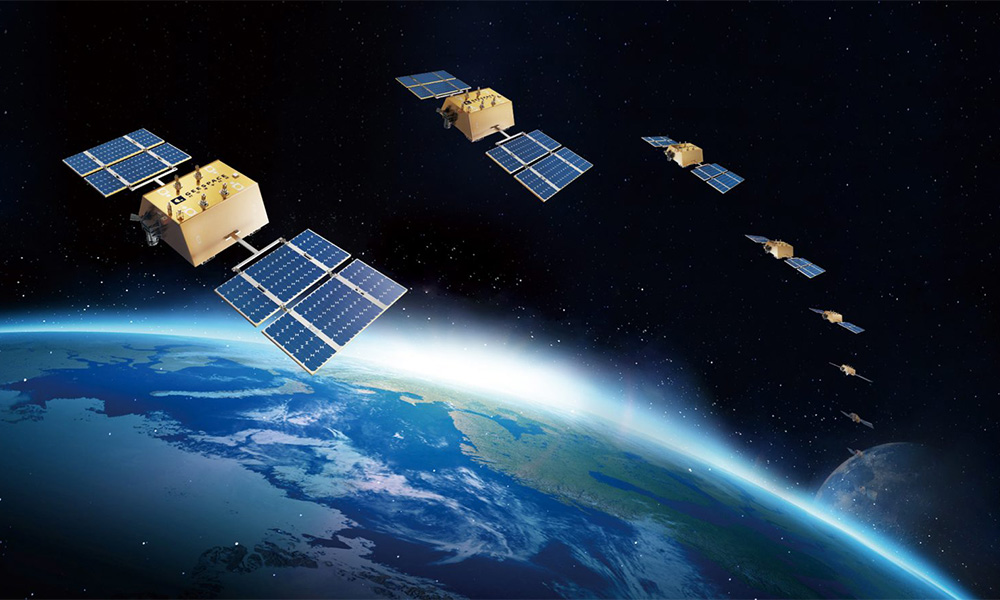
If you didn’t know, Geely is a really big company. Aside from acquiring legendary brands like Volvo and Lotus (just to name a few), it has its own subsidiary under the Geely Technology Group.
It’s called Geespace, which is China’s first privately owned developer, operator and mass producer of low-orbit commercial satellites. This company has recently launched its first nine satellites from the Xichang Satellite Launch Center.
If you’re wondering what these nine GeeSAT-1 satellites will be used for, they will be part of a constellation called the Geely Future Mobility Constellation, which will comprise 240 satellites with 72 expected to be launched in orbit by 2025.
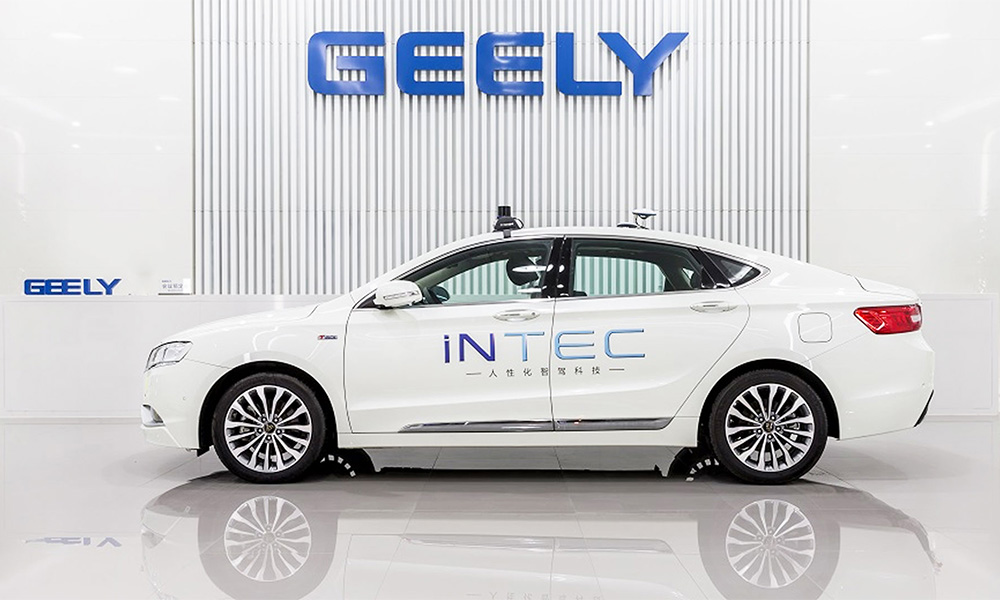
These satellites will aid in providing positioning and connectivity to automotive brands in Geely’s portfolio. Meaning, its cars will be able to have true and safe autonomous driving that will interconnect vehicles and infrastructure.
But for now, the few that were launched into the atmosphere will be used for the upcoming Asian Games for positioning, remote sensing, and communication services. Future uses include a one-stop logistics monitoring service platform and Geely’s “Blue Guardian” corporate social responsibility project that monitors water quality and patches of debris to be cleaned up.
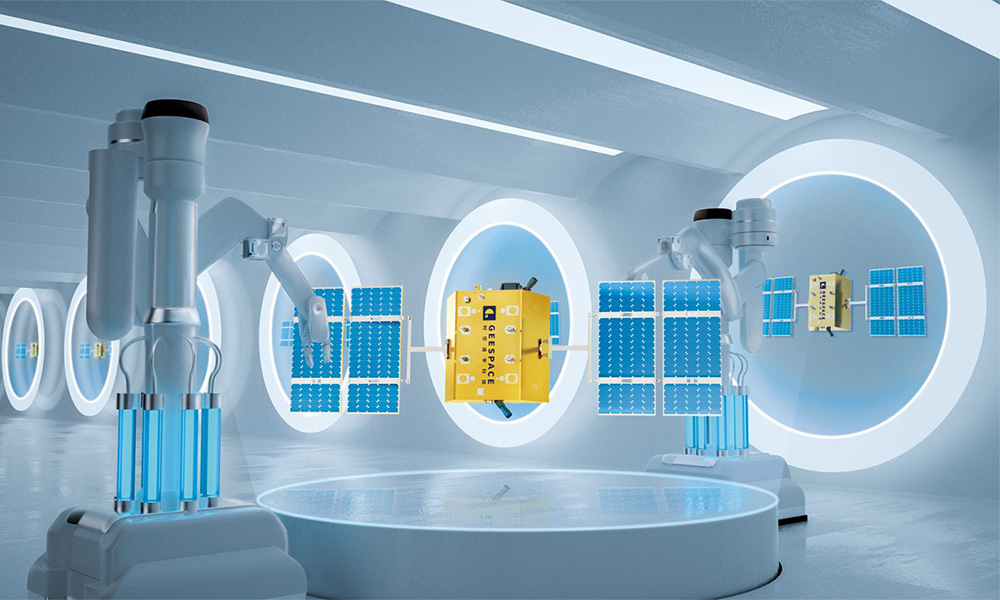
Initially, the service coverage will be in the Chinese market and Asia-Pacific region, with global coverage planned after 2026. These will be managed from its ground stations in China, located in the cities of Qingdao, Taizhou, Korla, Chengdu and Harbin.
These sustainably developed satellites will have a lifespan of five years, after which they will propel themselves into the earth’s atmosphere to disintegrate, so space debris won’t be an issue.

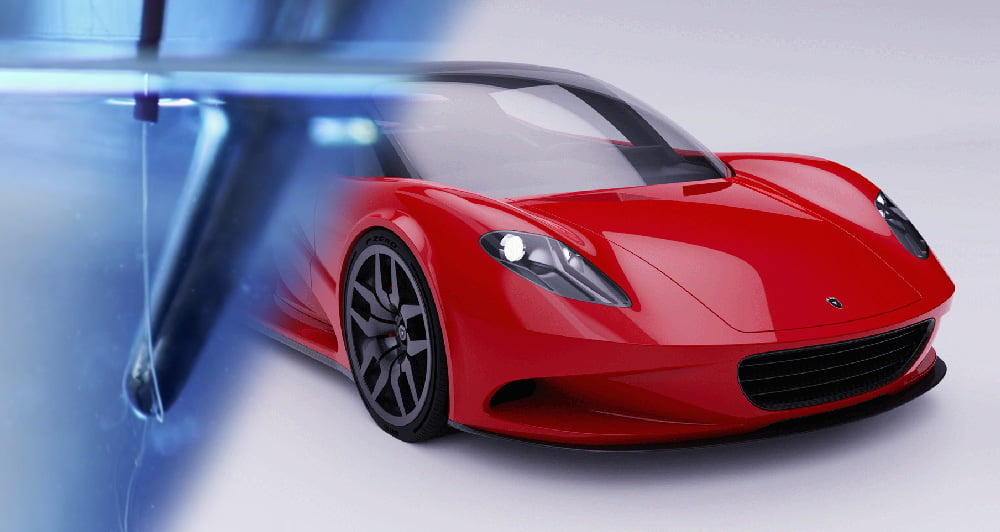

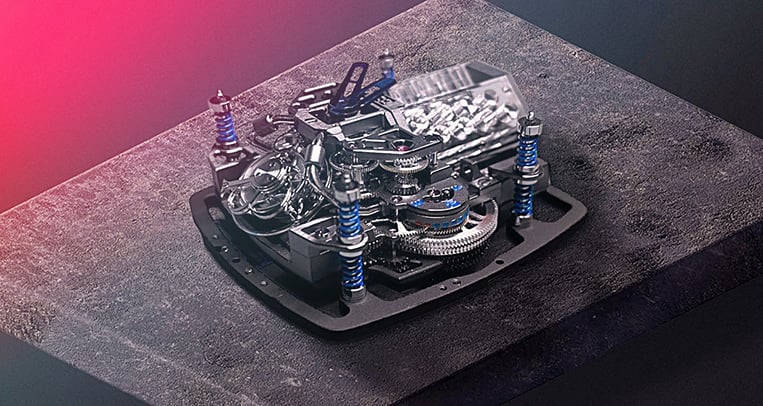
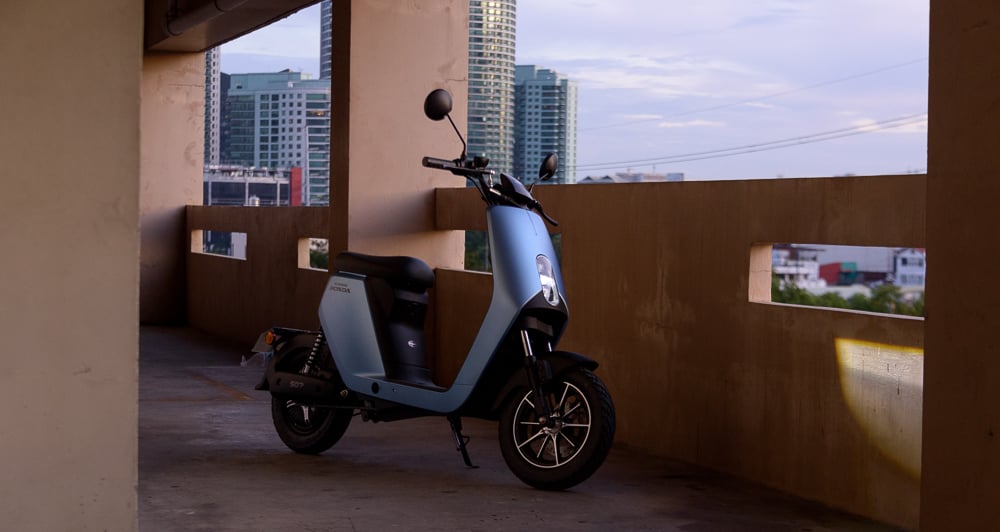
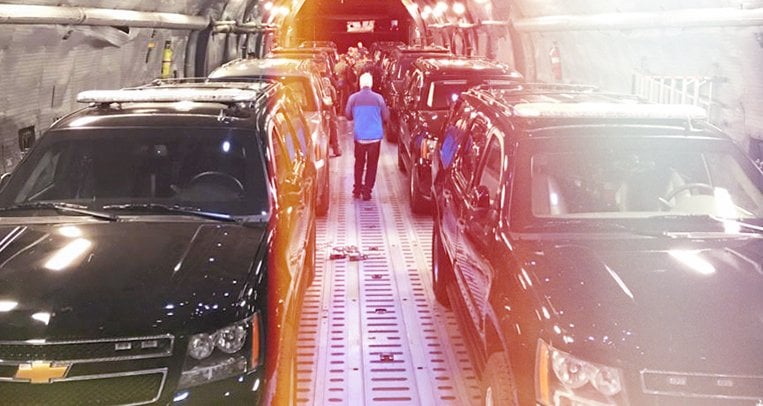

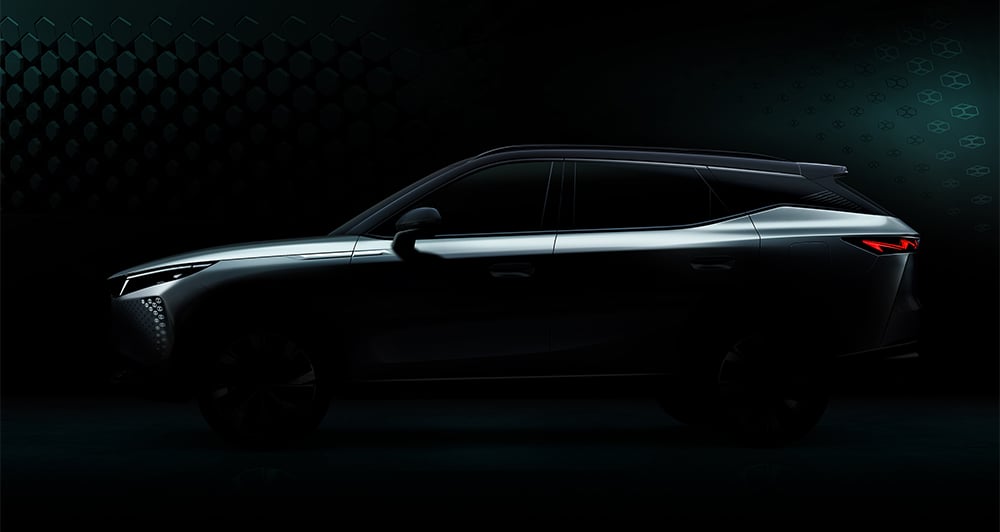
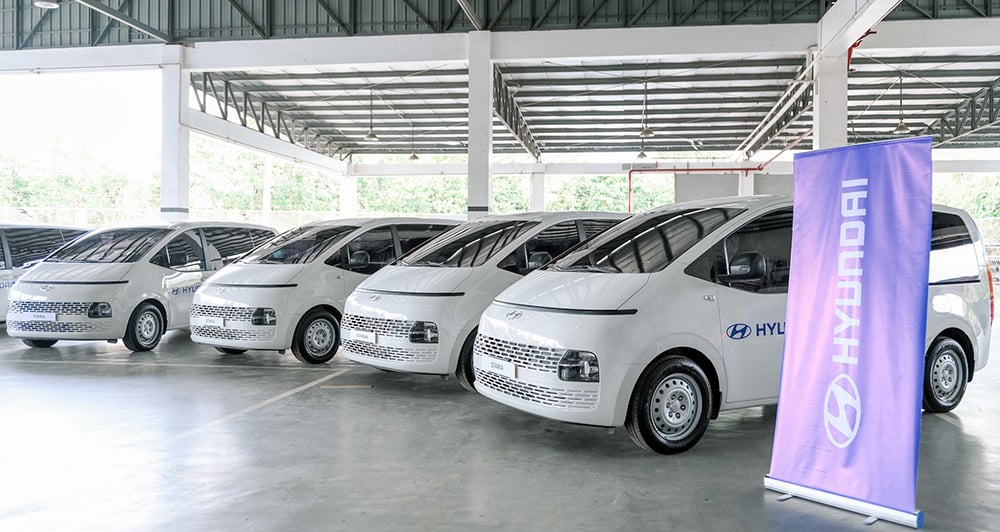


Comments